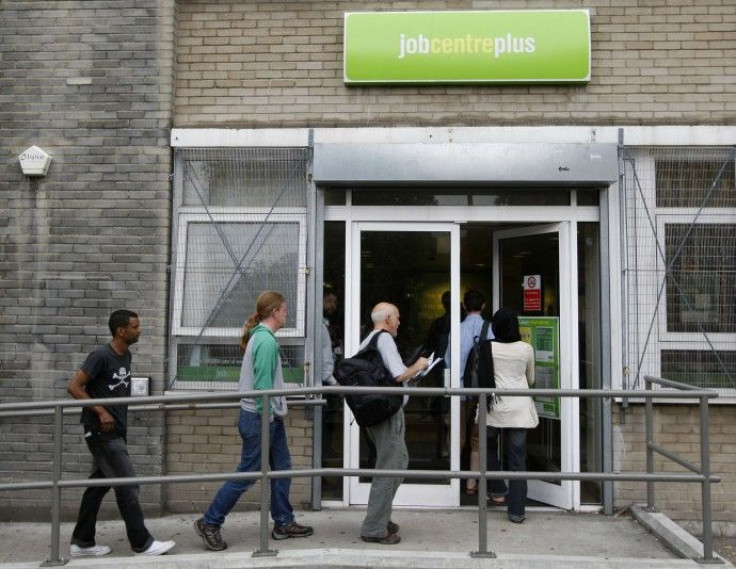One-third of Britons think personal finances will worsen next year

Almost one-third (30 percent) of British people think their financial situation will worsen over the next six months, a 7 percent increase from the prior quarter, according to a quarterly survey by R3, the UK insolvency trade body.
The number of people who think their financial prospects will improve has dropped from 35 percent to only 22 percent.
“Since we last carried out the survey, the government has issued the Comprehensive Spending Review that announced job cuts and welfare cuts, so it is unsurprising that fewer people are feeling optimistic about their financial outlook,” said R3’s president, Steven Law.
“In many cases of personal insolvency the contributory factor is a sudden change in circumstance, such as losing a source of income, which makes repaying outstanding debts difficult. With personal debt hitting record highs and job cuts looming, many people will be feeling vulnerable.”
Indeed, according to CreditAction, a British education charity, said that total personal debt at the end of October 2010 stood at 1.452-trillion pounds sterling, adding that UK individuals owe more than what the whole country produces in a year.
The personal debt figure has remained above the 1.4-trillion pound figure since December 2007. (By comparison, total personal debt amounted to about 400-million pounds at the end of 1993).
Or to put it another way, the average UK adult now owes about 29,833 pounds (including mortgages), which is about 126 percent of average annual earnings.
Moreover, average household debt in the UK is now 57,624 pounds (including mortgages).
R3’s survey also indicates that the number of people worried about their current debt levels has remained steady, with almost four in ten (39 percent) expressing concern.
Regionally, people in the West Midlands are most likely to worry, with half of those surveyed saying they are worried about their debts. In London, four in ten are concerned.
Credit card debts, R3 explained, continue to dominate the concerns of those who are worried about their debts. Of those concerned about their debts, over a quarter (28 percent) of people are concerned about how far they are into their overdraft. Concern about mortgage repayments has increased by 4 percent -- from 19 percent to 23 percent -- since the last survey.
“I see many people who are concerned about their credit card debts as, worryingly, they rely on them for day-to-day purchases,” Law added.
“Unfortunately, I fear that the number of people worrying about their levels of credit card debt is set to grow.”
Law opines that the spike in the number of people worrying about their mortgage repayments “may be due to the fact that, typically, the value of a mortgage repayment tends to be higher than the monthly repayment on a credit card. The higher value of this debt may make a mortgage repayment seem more difficult to pay each month. Many may be concerned that their repayments will increase when interest rates start to rise.”
© Copyright IBTimes 2024. All rights reserved.











